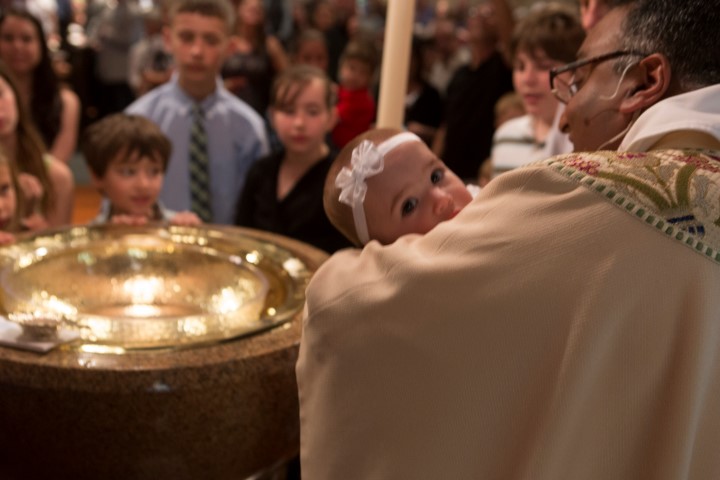Lesson 7: Unity in Diversity
The call for unity in diversity emerged as one of the hallmarks of Vatican II. It was used in a variety of contexts during the Council and remains a helpful guideline for a servant church speaking to a global society. I think it initially appeared in the first session when discussing the liturgy. Maximos IV, […]











 Frontline Study is an online discussion of the scriptures, inviting you to share your comments and your reflections on each weekly topic. Simply click on the "Add Reply" text at the top of each post to see what others have posted and to add your thoughts.
Frontline Study is an online discussion of the scriptures, inviting you to share your comments and your reflections on each weekly topic. Simply click on the "Add Reply" text at the top of each post to see what others have posted and to add your thoughts.
Recent Comments